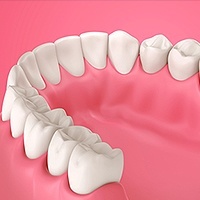- Home
- About
- Patient Information
- Services
- All-on-4 Dental Implants
- Dental Checkup
- Dental Crowns and Dental Bridges
- Dental Implants
- Dental Veneers and Dental Laminates
- Dentures and Partial Dentures
- Invisalign® Dentist
- Full Mouth Reconstruction
- Kid Friendly Dentist
- Laser Dentistry
- Pediatric Dentist
- Root Canal Treatment
- Sedation Dentist
- Smile Makeover
- KOR Whitening
- Patient Education
- Blog
- Alternative to Braces for Teens
- Dental Anxiety
- Do I Have Sleep Apnea
- Do I Need a Root Canal
- I Think My Gums Are Receding
- Improve Your Smile for Senior Pictures
- Oral Cancer Screening
- Oral Hygiene Basics
- Options for Replacing Missing Teeth
- What Can I Do to Improve My Smile?
- What Do I Do If I Damage My Dentures
- What Should I Do If I Chip My Tooth?
- When Is a Tooth Extraction Necessary
- Which is Better Invisalign or Braces?
- Why Are My Gums Bleeding?
- Will I Need a Bone Graft for Dental Implants?
- Wisdom Teeth Extraction
- Contact Us
close



